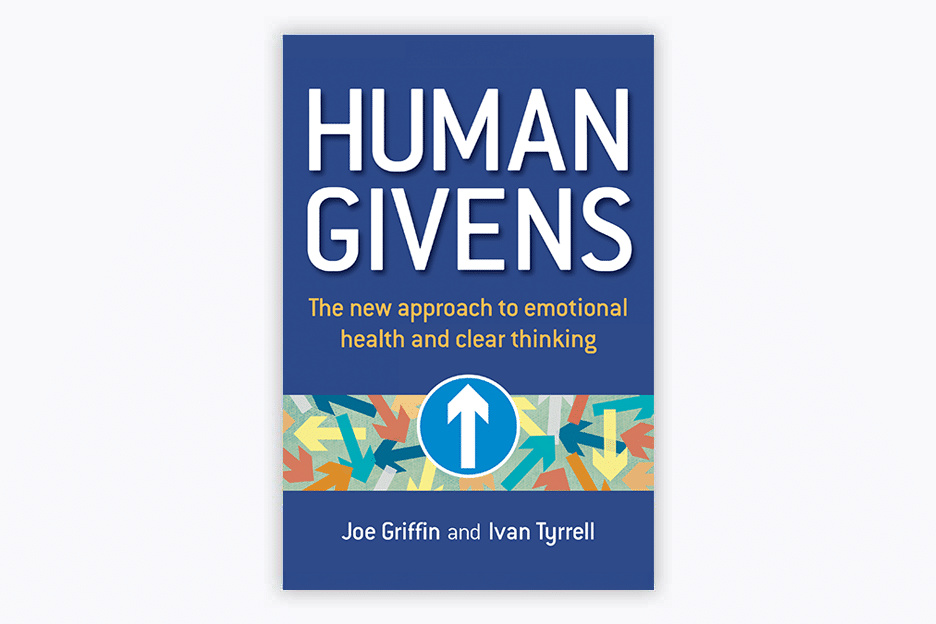How to help teenagers flourish

Richard Brook
– with expert Richard Brook
Most of us would probably agree that being a teen in today’s world would be tough – with the huge pressure to excel academically and the complexities of social media posing just two of the growing challenges they face. As their environment makes it more and more difficult for teens to get their innate emotional needs met, it is no wonder we are seeing a worrying increase in mental health issues in adolescents.
So how can we, as parents, carers, and professionals, help the teens in our lives to navigate these difficult years, to protect and improve their mental health and to thrive and flourish in today’s world? We put this question to HG therapist and tutor, Richard Brook. With over twenty years’ experience of working with teens and families, including with young offenders and adolescents with emotional and behavioural difficulties, Richard now lectures in Social Work at the University of East Anglia. Here are just a few of his clear, practical insights and suggestions for supporting teens’ mental health.
Help teens to understand what is going on in their own minds and bodies ...
If you think back to being an adolescent yourself, you can probably remember the huge sense of bewilderment that encountering new and overwhelmingly strong emotions for the first time brought. Working to understand what is happening in the adolescent brain, body and mind can enable us to help teens to understand too. Richard has found that teens respond particularly well to this strategy of “psycho-education”. Discovering that what they are experiencing is natural, normal and temporary can reassure and calm teens, allowing them to find positive ways forward for themselves.
Richard’s work with a teen boy, who had been alarmed by his extreme – and seemingly irrational – response in a situation, is just one example of this. By clearly explaining the fight-flight response, and the history and science behind it, and applying this to the boy’s reaction, Richard was able to help him see that his response had not actually been so irrational. Reassured, the boy felt more relaxed. This allowed their conversation to progress onto past traumatic events – possible explanations for the extreme response – and Richard was then able to work with the boy to help de-traumatise these experiences.
Try to avoid using labels to describe young people ...
Although tags and titles like “having anger issues” or “suffering with anxiety problems” might seem helpful, Richard warns against attaching them to young people. At a time when their identities are forming, these labels can become an integral part of a young person’s identity and can be difficult to let go of, because doing so would threaten that identity.
On the other hand, we should also try to avoid big – but ultimately unrealistic – motivational statements. Telling teens, who often have a natural tendency towards idealism anyway, “you can be anything, you can do anything with your life” … “you can be the next Ed Sheeran”, will inevitably result in despondency and feelings of failure because they simply are not true.
Instead, we need to find a balance between not dismissing teens’ idealism and helping them to develop a realistic understanding of themselves. Offering descriptive, tangible feedback can be one way of achieving this. Entering a dialogue, showing an interest and giving specific, evidence-based feedback can be far more valuable.
Don’t forget that as the young person in your life changes, you need to change too ...
As our children, or the young people in our care, mature, we need to make sure we adapt our style too. Tempting as it may be to become more authoritative as behaviour gets more challenging, we need to try to resist this instinct. As the child gets older, we should aim for a less authoritative style, enabling the young person’s growing needs for autonomy, control and status to be met.
Try to be the coach in being an adult, Richard suggests, giving the young person the opportunity to reach conclusions for themselves and helping them to solve problems in a more adult way, rather than taking responsibility away from them. In every teen voice there are likely to be both a child’s voice and an adult’s voice – try to talk to the adult’s voice, Richard says, and it is more likely to be the adult’s voice that will talk back.
When it comes to communication, the key with teens is building rapport …
For teens – even more so than for children and adults – building rapport is fundamental to being able to help. Give as much time as it takes to open the channels of communication and create a trusting relationship. Informal settings for communicating, such as a walk, playing a game or engaging in an activity, can often be so much more effective than sitting face to face.
Sometimes it may be tempting to jump straight in to addressing a particular negative behaviour or action, or to enthusiastically offer advice, but acknowledging that you have noticed that a young person is experiencing strong feelings and offering the space to talk things over can be much more helpful in the long term.
Just one of the rapport building techniques Richard draws upon is “matching and leading”; you can learn more about this and many other strategies on Richard’s one-day course held live online.
Even when times get really tough, try to maintain something of your relationship through the storm of adolescence.
Comparing our relationship with the challenging teen in our life with a house weathering a particularly fierce storm, Richard reassures us that there will be weak points … the windows may be blown out and the doors might get blown off … but there will be strong points too. If we can hold on to some part of the walls and foundations, keeping up some level of communication, resisting absolutely giving up and holding on to the knowledge that the storm will eventually pass, we will be able to take what remains into our adult relationship, where we can start to rebuild.
Please do check out the resources below for lots more information, help and resources.
Train with Richard Brook
Richard’s highly-rated one-day workshop, “How to work effectively with troubled and troublesome teenagers” gives you the opportunity to learn direct with Richard as he teaches you practical, proven skills and techniques – it’s delivered live online via Zoom.
Listen to the Podcast
How to help teenagers flourish
– featuring Richard Brook, a lecturer in Social work at the University of East Anglia, where he teaches a postgraduate module for qualified social workers on working with adolescents. He has over twenty years experience of working with children and families, young offenders, adolescents with emotional and behavioural difficulties, and parents.
‘Ask The Expert’ podcast series
Listen to the full series and more on your favourite podcast player! Available on Apple Podcasts, Spotify and Soundcloud.



